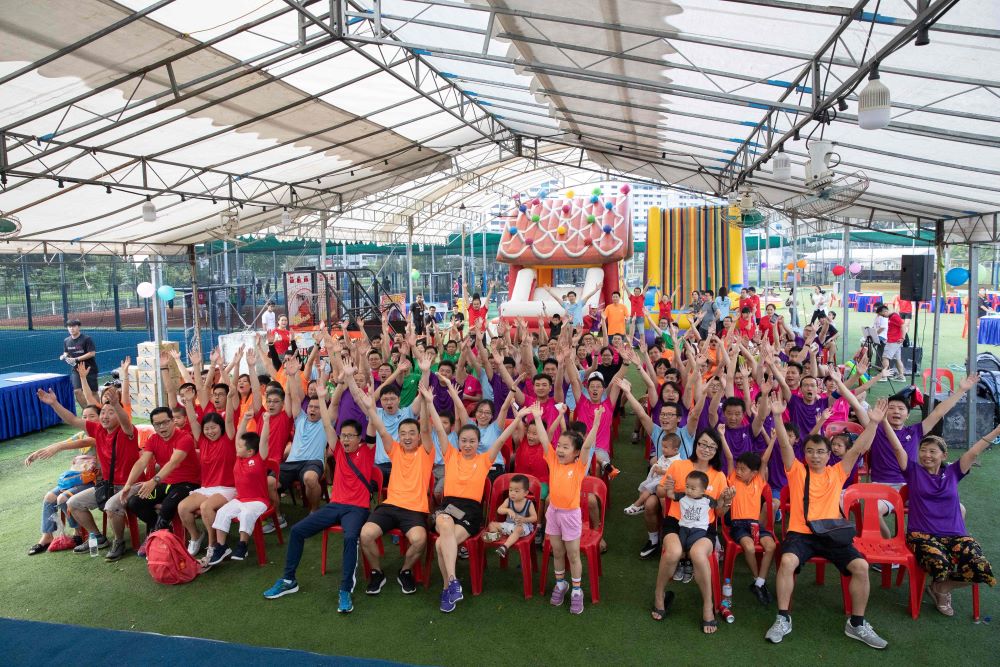Elevating Employee Engagement Through Strategic Event Planning
In today’s dynamic work environment, keeping employees engaged and motivated is crucial for organizational success. One powerful tool in achieving this goal is through well-planned events. By strategically designing events that cater to the needs and preferences of your team, you can significantly boost morale and foster a more engaged workforce. Here’s how carefully crafted events can transform employee engagement and the types of events that can make a difference.
1. The Power of Strategic Event Planning
Strategic event planning goes beyond simply organizing a gathering; it involves creating experiences that align with your organization’s goals and resonate with your employees. When events are thoughtfully designed, they can:
- Enhance Communication: Events provide opportunities for employees to interact with each other and with leadership in a more informal setting. This can break down communication barriers and foster a sense of community.
- Build Team Cohesion: Well-planned events encourage teamwork and collaboration. Activities that require collective problem-solving or creative thinking can strengthen bonds between team members.
- Boost Morale: Celebrations and recognition events can significantly lift spirits. Recognizing achievements and milestones can make employees feel valued and appreciated.
- Promote Work-Life Balance: Offering events that focus on relaxation and leisure helps employees balance their work responsibilities with personal well-being, reducing burnout and increasing job satisfaction.
2. Types of Events for Effective Team Bonding and Motivation
To maximize the impact of your events, consider incorporating the following types:
a. Team-Building Workshops
These workshops are designed to improve collaboration, problem-solving, and communication skills. Activities might include:
- Escape Rooms: These challenge teams to work together to solve puzzles and escape within a set time limit.
- Creative Workshops: Sessions where teams engage in activities like painting or building models can stimulate creativity and collaboration.
b. Recognition and Appreciation Events
Recognizing and celebrating employee achievements can boost morale and motivation. Types of recognition events include:
- Awards Ceremonies: Highlight exceptional performance and contributions with awards.
- Milestone Celebrations: Celebrate significant milestones such as work anniversaries or project completions with special events.
c. Wellness and Relaxation Events
Events that focus on wellness can help employees unwind and reduce stress:
- Yoga and Meditation Sessions: These can provide employees with tools to manage stress and improve overall well-being.
- Health Fairs: Offer screenings, fitness classes, and wellness information to support employees’ physical health.
d. Social and Networking Events
Social events provide opportunities for employees to connect in a casual setting:
- Happy Hours: Informal gatherings after work can help employees relax and socialize.
- Networking Mixers: These events can facilitate connections among employees from different departments.
e. Skill-Building Workshops
Workshops that focus on professional development can enhance skills and boost engagement:
- Leadership Training: Equip employees with leadership skills and strategies.
- Technical Skills Workshops: Offer training on new technologies or methodologies relevant to their roles.
3. Tailoring Events to Your Organization’s Culture
To make your events even more effective, align them with your organization’s culture and values. For example:
- Incorporate Company Values: Design events that reflect your company’s core values, whether it’s innovation, teamwork, or customer focus.
- Local Culture Integration: If applicable, integrate elements of local culture into your events to create a sense of belonging and appreciation. For instance, incorporating Singapore’s rich cultural heritage into team activities can foster a deeper connection among employees.
4. Measuring the Impact
To ensure your events are achieving the desired outcomes, measure their impact through:
- Employee Feedback: Collect feedback through surveys or interviews to gauge employee satisfaction and areas for improvement.
- Engagement Metrics: Monitor changes in employee engagement scores or productivity following events.
Conclusion
Strategic event planning is a powerful way to elevate employee engagement. By designing events that foster communication, collaboration, and appreciation, you can create a more motivated and cohesive workforce. Whether through team-building workshops, recognition ceremonies, or wellness activities, thoughtfully planned events can have a profound impact on employee morale and organizational success.
To head back to read another article in our blog, click here.

